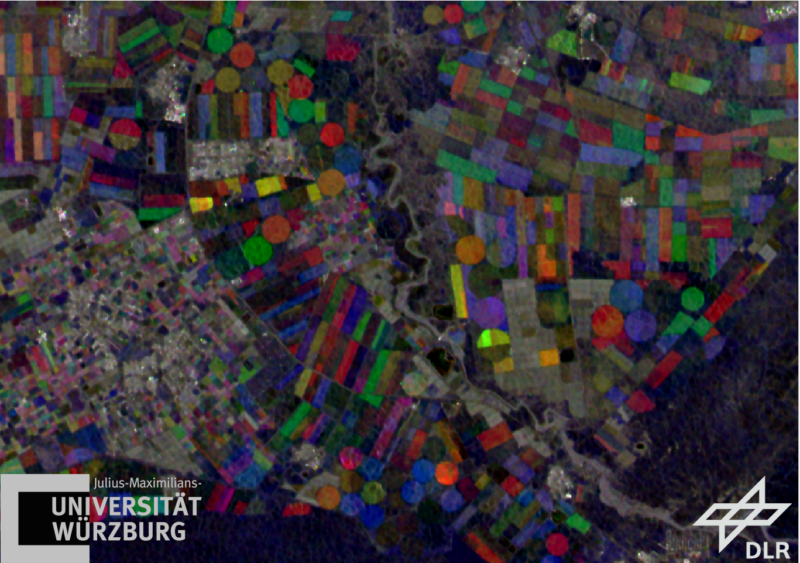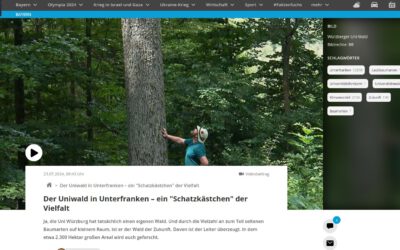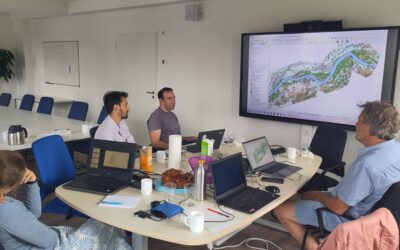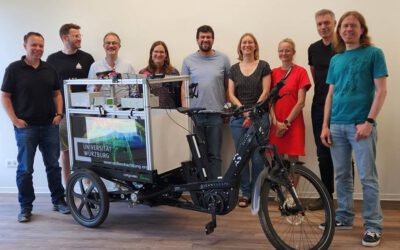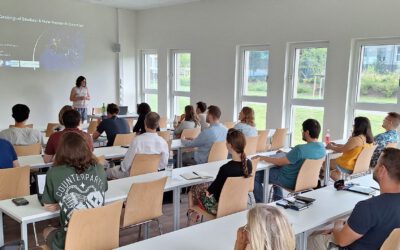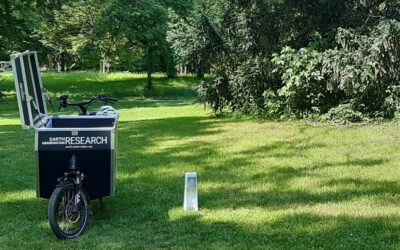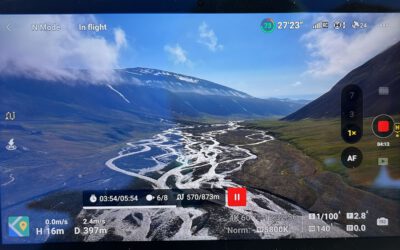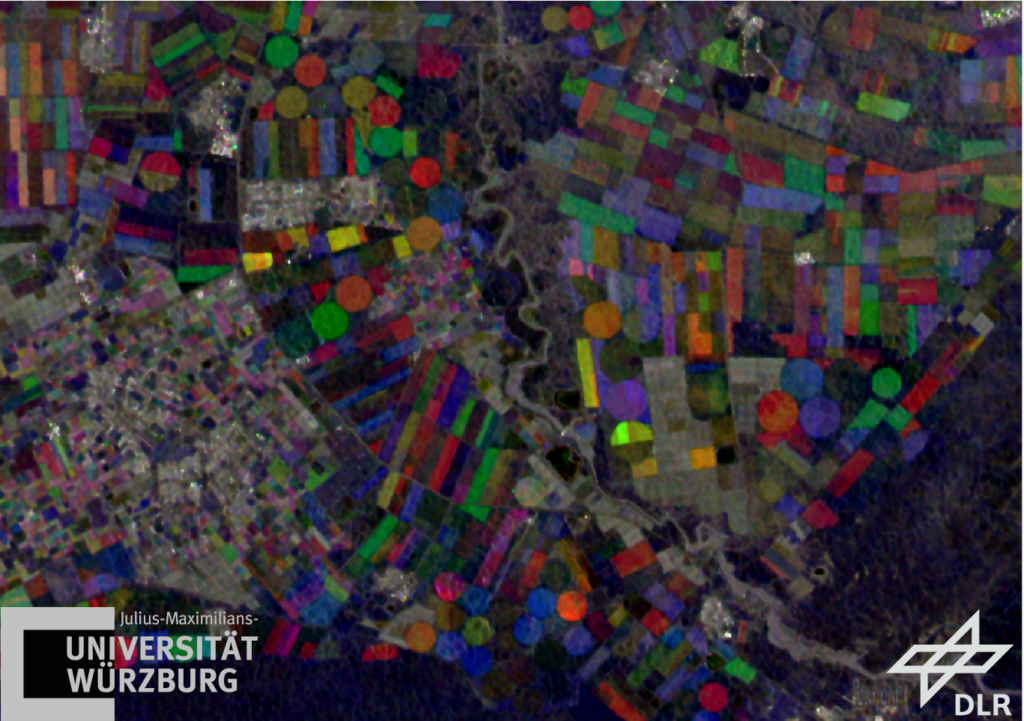
This project at the Department of Remote Sensing, Institute of Geography and Geology focuses on the development and analysis of time series derived from Sentinel-1 to monitor the phenological development of crops. The goal of this project is to develop a robust and transferable approach of monitoring plant phenology based on polarimetric and interferometric SAR-features in the context of changing climate conditions. Therefore, additional study sites will be determined in the context of the Joint Experiment for Crop Assessment and Monitoring (JECAM) framework. A strong interest in novel multi-sensor remote sensing techniques and working with various types of spatial and temporal data sets such as climate models as well as different types of in-situ data in an interdisciplinary working environment is expected – conducting a PhD within the project is possible.
The work is part of the “PhenoSAR-Demmin” project and is closely related to the “AgriSens DEMMIN 4.0” field of experimentation.
Requirements:
The successful candidate should have a strong expertise in remote sensing, environmental modelling, and handling of different sources of data. A sound knowledge in geographic information systems (GIS), programming (e.g., Python, R) and especially SAR-data is required. Applicants must hold a Master degree, and should be able to work independently. Organizational skills, high motivation and the willingness to work as part of a team within an interdisciplinary and international project are essential, prior experience in scientific project work is considered an asset.
The ability to collaborate with a range of partners as well as profound knowledge of the English and German language, communication skills, and the capability to write scientific articles are expected. Knowledge of an additional language such as French, Spanish or Polish is considered an asset. Furthermore, prior working history in the context of agriculture is an advantage, as is local knowledge about agriculture remote sensing analysis.
Applications and working environment:
We offer state-of-the-art methodology and a stimulating research environment within an interdisciplinary, collaborative team. The position is limited for 2 years with potential extension. Planned starting date is July 1st 2020.
The University of Würzburg is an equal opportunity employer, determined to increase the proportion of women in successful scientific careers, and particularly encourages women to apply. Preference will be given to disabled applicants with the same qualifications.
Please send your application as a single pdf file per email to l-geofernerkundung@uni-wuerzburg.de no later than June 10th 2020.

